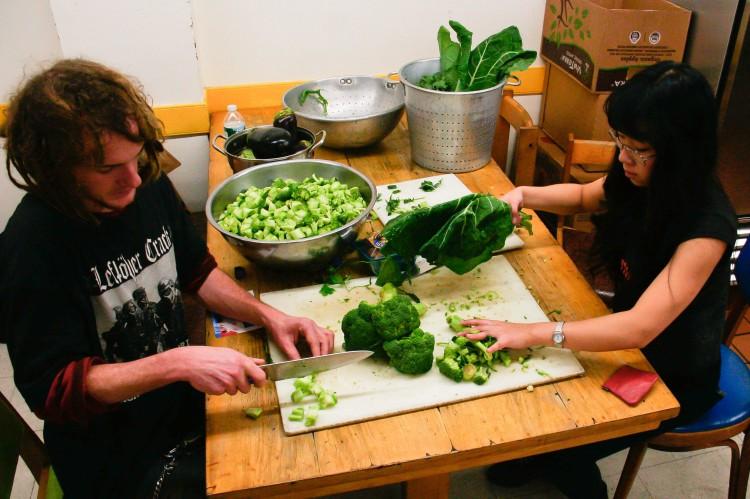US Could Tighten Belt By Wasting Less Food: Report
America produces massive amounts of food for domestic consumption, devoting half of available land and 80 percent of fresh water to produce food supplies, yet 40 percent of the food produced is not even eaten, says a report on food waste.

Some fruits and vegetables that have been grown naturally do not fit the criteria for supermarkets. Uli Westphal
|Updated:





